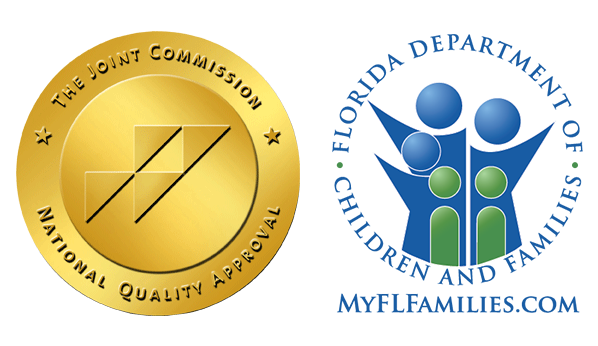Your core beliefs can influence both how you see yourself and the world around you. However, when we hold negative core beliefs, they can affect our mental health and self-worth.
What Are Core Beliefs?
Our core beliefs are the central perceptions we hold of ourselves and the world. Everyone has them, and although people often share similar common beliefs, your set of core beliefs are unique to you.
We are rarely aware of them because they are so ingrained in our very being. Whether we realize it or not, our core beliefs shape the decisions we make in life. They are the foundations for everything we do.
Sometimes our core beliefs shape the thoughts, perceptions, and decisions we make in a bad way. We can self-sabotage ourselves and not even realize it. Negative core beliefs are usually absolute eg. “People are…”, “The world is…”, “I am…”. If negative thoughts are impacting your life, your mental health may suffer for it.
When Our Core Beliefs Affect Us Negatively
Negative core beliefs are exaggerated and inaccurate. Common examples of negative core beliefs include:
- I am not good enough
- I am always wrong
- I am a failure
- I am not good enough
- I do not deserve
Negative core beliefs are the driving force behind our anxieties, insecurities, low self-esteem, and self-doubt. Such beliefs can become self-fulfilling prophecies and affect your life. It has been noted that these kinds of thoughts can seriously impact your mental health.
Cognitive distortions are habitual ways of thinking that are inaccurate and exaggerated. They cause people to catastrophize situations and are often seen in people with anxiety disorders. If one of your core beliefs is that the world is a terrible place, you are going to feel anxious navigating it.
Negative core beliefs are built up over time. Core beliefs about ourselves can be due to childhood criticisms, assumptions, and critical incidents such as break-ups or failure. This is why some people have more negative core beliefs than others. But the blame is not on you. We often don’t realize these negative core beliefs are developing until it is too late.
You don’t have to suffer because of your negative core beliefs. The first step is identifying and challenging them. But you don’t have to do this alone. Help is available to break free from damaging core beliefs.
How To Restructure Your Core Beliefs
Cognitive-behavioral therapy (CBT) looks at the link between our thoughts, emotions, and behavior. The theory is that our core beliefs shape our intermediate thoughts, which shape our automatic thoughts, which then impact how we react to things.
It is important to know that your long-standing negative core beliefs are not facts. Your cognitive behavioral therapist will unpick your deep-seated beliefs and help you to accept that they are not truths. You will learn how to counteract them with positive core beliefs. This is called cognitive restructuring.
There are several steps that you can take at home to reframe your cognitive thinking:
- Identify your negative core beliefs and how they impact you.
- Try to determine their origin. Why do you think this way?
- Challenge yourself to accept that these negative thoughts are baseless.
- Replace these beliefs with new ones.
- Try to catch yourself playing out your negative core beliefs and make positive changes.
Be Patient
You cannot change your core belief system overnight. Even if you can acknowledge that your beliefs need to change, you will still have a lot to work on.
Learning to become mindful of your negative core beliefs and working on switching them with positive alternatives takes time, but the effort is worth it. You deserve positive core beliefs for a better life. It starts now with information, reflection, therapy, and positive self-talk.












